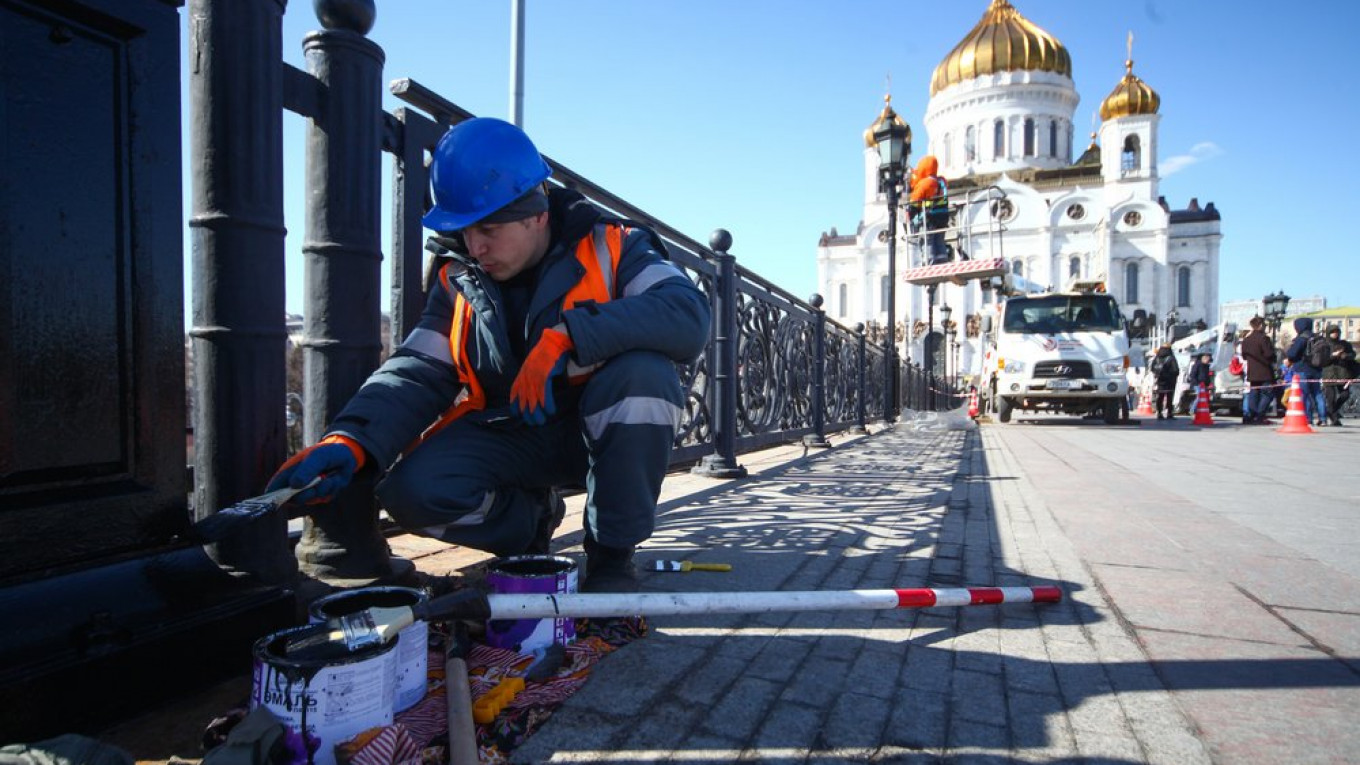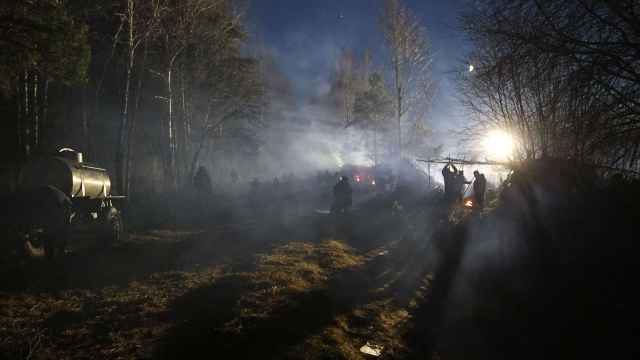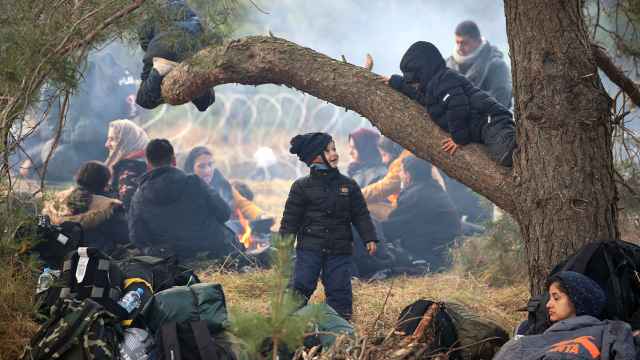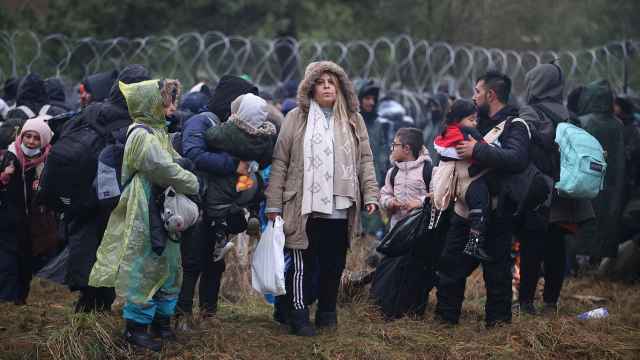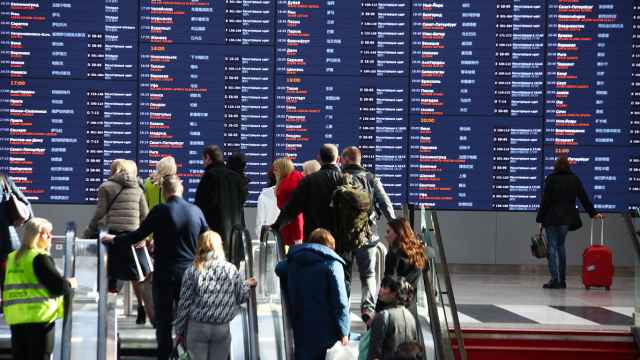Russia’s migrant numbers have declined by the highest amount in the post-Soviet period last year as the country grapples with its own population crisis, the Vedomosti business daily reported on Monday.
For the first time in a decade, migration has been unable to cancel out Russia’s population decline. Faced with the need for up to 300,000 additional people to reach net-zero growth every year, the Kremlin reportedly plans to attract up to 10 million Russian-speaking migrants by 2025.
A total of 124,900 foreigners arrived in Russia last year, according to research from the Russian Presidential Academy of National Economy and Public Administration (RANEPA) institute of social analysis and forecast cited by Vedomosti.
While arrivals declined by 4 percent between 2017 and 2018, departures skyrocketed by 16.9 percent, the institute said. Ukraine and Uzbekistan, formerly Russia’s largest migrant-donor countries, accounted for the biggest declines.
The April-June, July-September and October-December arrival figures were almost half of those recorded in the respective periods of 2017.
Migration could grow in 2019 but will still miss the 200,000 mark, said Nikita Mkrtchyan, a researcher at RANEPA’s social analysis and forecast institute.
Ukrainian, Moldovan and Georgian migrants are increasingly migrating further West instead of Russia, Vedomosti quoted RANEPA’s joint research with the Moscow Higher School of Economics as saying.
The budding economies of Kazakhstan and Azerbaijan, also former migrant-donor countries, are now competing with Russia for Central Asian migrants.
Russia could recruit from Iran, Afghanistan, Pakistan, India and the Middle East — but has little experience with mass migration from countries with “such a large ethnocultural gap,” according to the joint research cited by Vedomosti.
RANEPA counts migrants whose temporary registration slips have expired, instead of those who have physically left Russia, as “departed.”
A Message from The Moscow Times:
Dear readers,
We are facing unprecedented challenges. Russia's Prosecutor General's Office has designated The Moscow Times as an "undesirable" organization, criminalizing our work and putting our staff at risk of prosecution. This follows our earlier unjust labeling as a "foreign agent."
These actions are direct attempts to silence independent journalism in Russia. The authorities claim our work "discredits the decisions of the Russian leadership." We see things differently: we strive to provide accurate, unbiased reporting on Russia.
We, the journalists of The Moscow Times, refuse to be silenced. But to continue our work, we need your help.
Your support, no matter how small, makes a world of difference. If you can, please support us monthly starting from just $2. It's quick to set up, and every contribution makes a significant impact.
By supporting The Moscow Times, you're defending open, independent journalism in the face of repression. Thank you for standing with us.
Remind me later.


